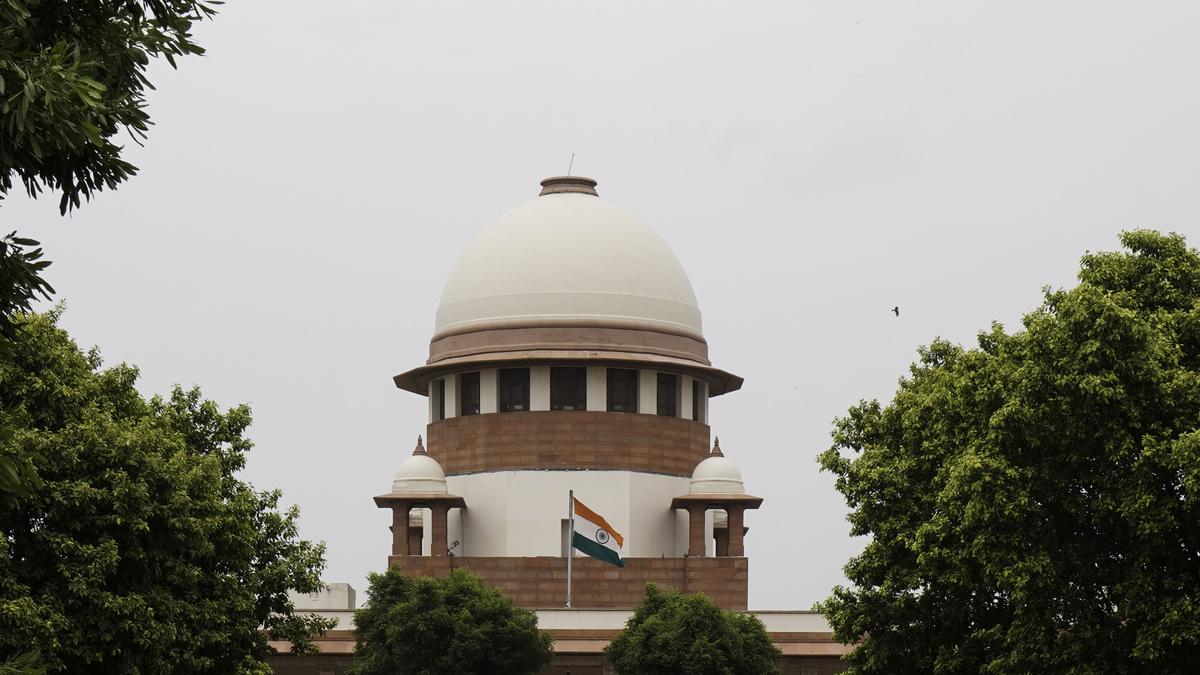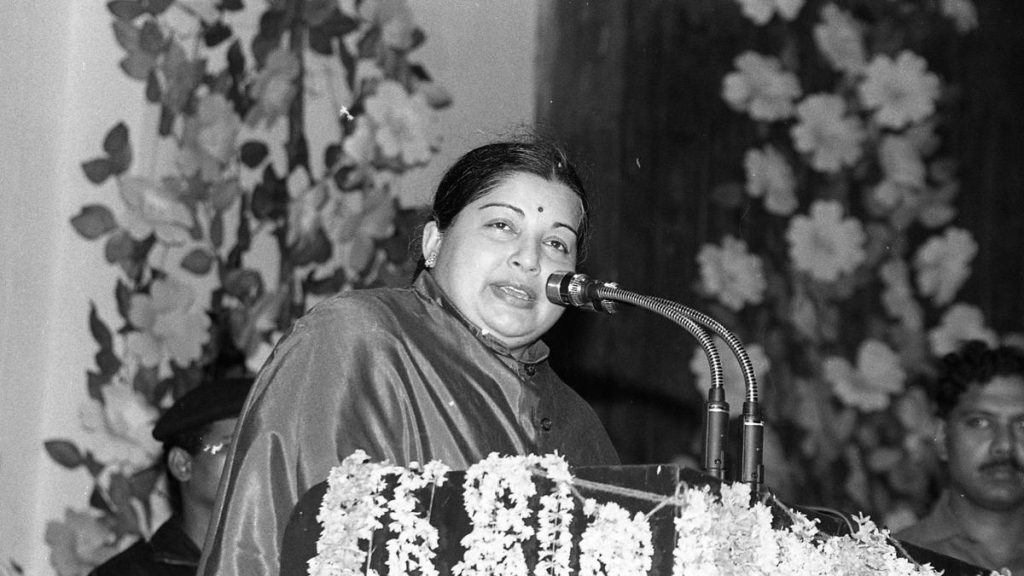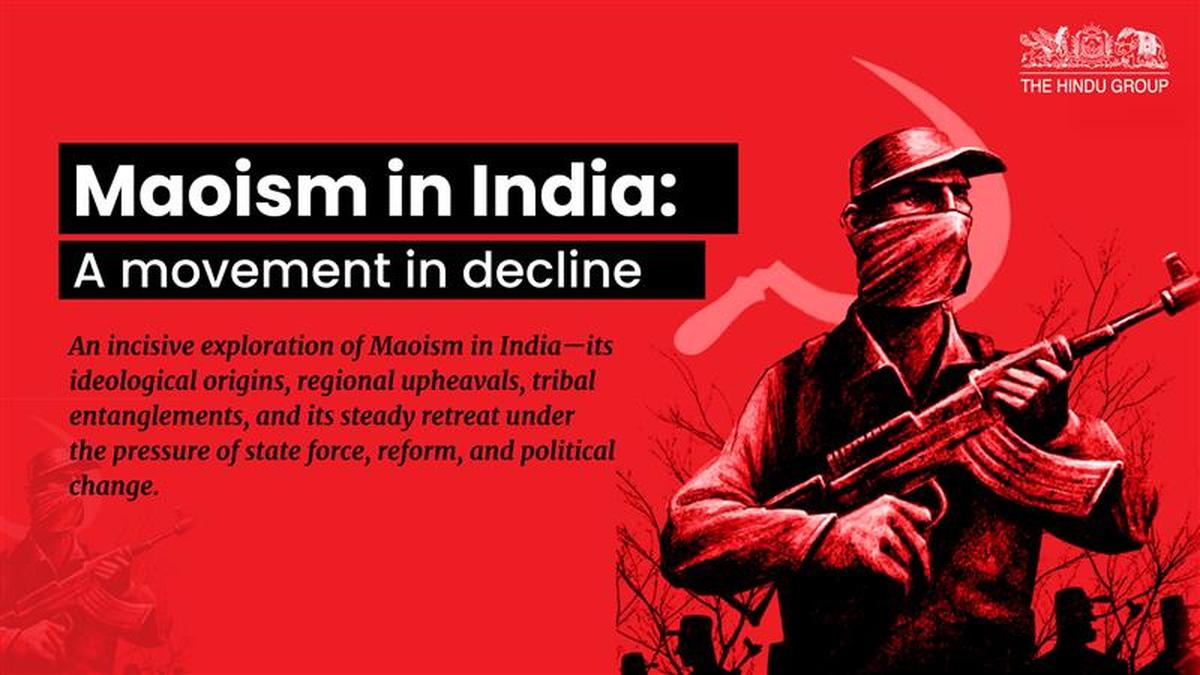Now Reading: Supreme Court Questions Constitutionality of BNS Section 152 Over Potential Abuse
-
01
Supreme Court Questions Constitutionality of BNS Section 152 Over Potential Abuse
Supreme Court Questions Constitutionality of BNS Section 152 Over Potential Abuse

Rapid Summary
- The Supreme Court of India questioned whether the potential abuse of Section 152 of the Bharatiya Nyaya Sanhita (BNS), which punishes acts threatening India’s sovereignty, unity, and integrity, is grounds to declare the provision unconstitutional.
- the case involves journalist Siddharth Varadarajan and the Foundation of Self-reliant Journalism, who face an FIR under Section 152 for publishing a news article.
- Senior advocate Nitya Ramakrishnan argued that Section 152 essentially mirrors colonial-era sedition law (Section 124A IPC) in its ambiguity and chilling effect on free speech.
- Justice Joymalya Bagchi acknowledged that vagueness in penal provisions could legitimate challenges and referred to previous cases like striking down section 66A IT Act due to its vague terminology aiding suppression of dissent.
- Both Justices Surya Kant and Joymalya Bagchi discussed precedents such as Kedar nath Singh’s verdict on sedition being applicable only with clear proof of incitement to violence or threat to sovereignty/unity.
- Solicitor General Tushar Mehta defended custody-based investigation but opposed treating journalists as a special class under criminal law. Justices countered by emphasizing balancing free speech rights with public order considerations.
- Temporary protection from coercive police action was granted to Mr.varadarajan and others involved. Notices were issued to the Union government and Assam.
Indian Opinion Analysis
The Supreme Court’s examination raises significant constitutional questions about freedom of expression versus laws ensuring national security. While senior counsel highlighted concerns over vague wording enabling misuse-paralleling past examples like sedation laws-Justice Kant underscored that specificity might pose risks too. Balancing enforcement against press freedom becomes notably delicate when examining journalists’ cases as custodial interrogation frequently enough appears unnecessary yet affects public trust.
This sets a critical precedent not just for journalism but broader civil rights amid evolving legislative frameworks like BNS replacing IPC provisions. If ambiguities remain unaddressed, they risk undermining protections enshrined in democratic principles while amplifying tensions between state authority and individual liberties.
Read more: The Hindu – Published August 12, 2025






















